Academician Professor Emerita Datuk Dr Asma Ismail, FASc joins the IMU University on 1 August 2024 as its Vice-Chancellor and CEO. In this second part of an interview with her, she tells us more about her vision for the university.
Academician Professor Emerita Datuk Dr Asma Ismail has a wealth of knowledge and insights. She has been the Vice-Chancellor of two public universities and the former Director-General of Higher Education. Her extensive experience in the education sector, particularly in matters of governance, policies, and quality accreditation, will be invaluable to the IMU University as it expands its repertoire of medical and health science programmes with non-science programmes, to encompass the dynamic intersections of human, animal, and environmental health. She also brings unique insights of the country’s vision for the future of higher education’s academic programmes, as well as national priorities for research and innovation.
Prof Asma’s experience has taught her to adapt to changing circumstances and stakeholder needs. “I want to further foster the university’s culture of adaptability and continuous improvement, so that we can stay ahead of the curve and provide an exceptional educational experience for our learners,” she says. Her network of contacts and connections also runs deep and wide, which will bring opportunities such as securing collaborations, partnerships and resources to benefit students, faculty and the university.
“I hope that my experiences will be invaluable assets that will help the university to meet the needs of future learners and stakeholders; to become a leader in higher education and research both locally and internationally; and to contribute towards nation building,” she says.
Here, we ask her more about the education landscape, as well as her vision and plans for the IMU University:
What do you think the future of education will look like?
The future of education will be characterised by the unbundling of higher education. With globalisation, economic and health crises, there has been a demand and consequently a shift towards accessible, flexible and lifelong learning. The emphasis will be on personalisation and customisation, with learners seeking out educational experiences that cater to their specific needs and goals.
We are already moving in this direction with the development of micro-credential delivery modes, as well as platforms that leverage on disruptive technologies. But the landscape is dynamic, and we may even find that universities will no longer be the primary providers of higher education. The institutions that can demonstrate agility and responsiveness, and that remain relevant to learner and industry needs, will be the ones that thrive in the years to come.
What is your vision for the future of the IMU University?
For it to be the preferred university for medical and health sciences education and healthcare. How will we do this? By being adaptive to the changing needs of its stakeholders and through the IMU University’s commitment to academic excellence, research leadership, adaptability, student-centred experiences, community engagement, global perspectives and partnerships, and technological innovation. This will ensure that we meet the evolving needs of our stakeholders and make a meaningful impact on the world of healthcare.
How do you plan to enhance the university’s academic reputation locally and globally?
This requires a multi-faceted approach. Firstly, we will continue to ensure academic excellence with an adaptive curriculum that is regularly updated and aligned with the evolving needs of stakeholders. Key to this will be the investment in continuous professional development for our faculty. This will enable them to stay at the forefront of their disciplines as well as be empowered with the latest innovative teaching methodologies.
Alongside this we cannot ignore the need to integrate technological innovation, such as AI, virtual reality and data analytics into how we deliver our teaching and conduct our research. Increasing the digital literacy of students and faculty will also be essential.
Next, we will enhance our global partnerships and exposure through more joint degree programmes and research collaborations with prestigious international institutions and continue to facilitate faculty and student exchanges. Our global mobility programmes such as study abroad programmes, international internships, and global research projects help to ensure students and faculty gain international exposure.
Another one of the IMU University’s strengths is its great alumni network that we can leverage on. In the coming years we will continue to strengthen the relations between past and present students as well as ensure the university is well connected to industry.
While we develop our academic strength, we must not forget a crucial pillar, i.e. community engagement. Our academic achievements will only be useful if they can be translated into positive impact for the community. We will continue to engage with local communities through health initiatives, public health campaigns, and service-learning opportunities. We also need to address regional health issues and promote the university’s role as a community partner.
Finally, the university’s sustainability and planetary health agenda will be driven forward by integrating sustainability principles and planetary health into curricula and campus operations; and by encouraging research and projects that address environmental challenges and promote sustainable practices in healthcare.
What are your priorities for research and innovation at the university?
The goal is to balance fundamental and translational research to produce meaningful impacts on industry and the community. At the end of the day, we want to promote projects that contribute to the body of scientific knowledge and have practical, real-world applications.
I hope to empower faculty and students to advance their research agendas by securing grants and scholarships to boost research funding and providing resources and infrastructure that facilitate high-quality research. We will also need to form more partnerships with leading global research institutions and hospitals to foster collaborative research that addresses global health challenges. Additionally, implementing a robust intellectual property (IP) policy and providing access to essential research support services can further enhance IMU’s research capabilities.
What initiatives would you introduce to enhance the student experience at the university, both academically and socially?
We are catering to a new generation of learners, so we need to review, re-imagine and re-design our educational experience to align with their need for flexibility and personalisation.
This would include offering multiple entry and exit points – for example, through modular courses – to accommodate students’ varied life paths and learning paces. To do this, we will need to leverage on data analytics and artificial intelligence to help us understand and support the unique educational journey of each student.
I also hope to grow our international network that will enhance our student exchange and international mobility programmes to give students opportunities to develop intercultural competencies and prepare them to be a global player. Developing the community engagement initiatives at the IMU University will also encourage students to become agents of change and embed values such as empathy, respect and social responsibility.
Besides this, I would want the university to continue to be a place that offers flexible learning spaces to foster discussions, collaboration and creativity; comprehensive well-being programmes, to support mental and physical health; and mentorship programmes to guide students throughout the educational journey.

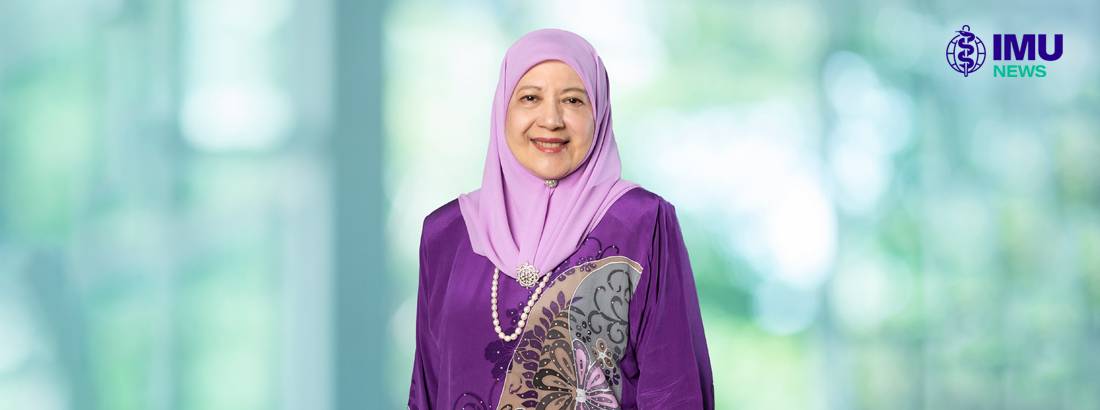
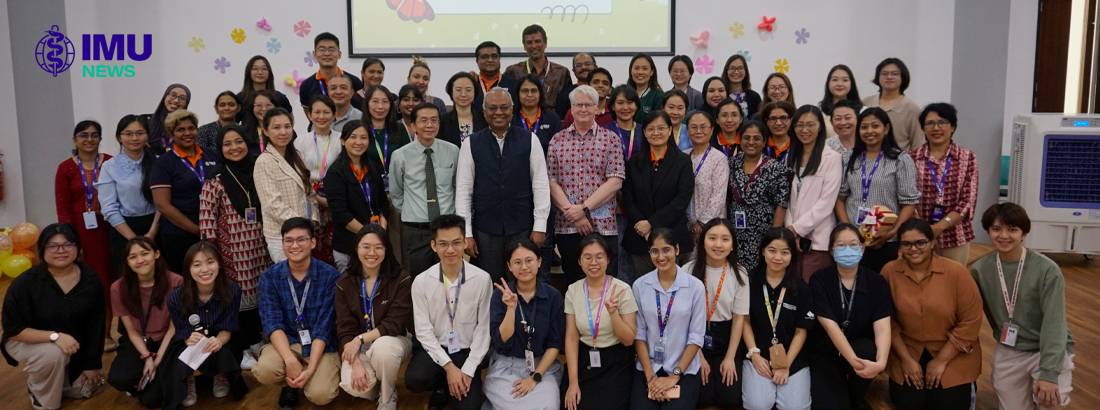
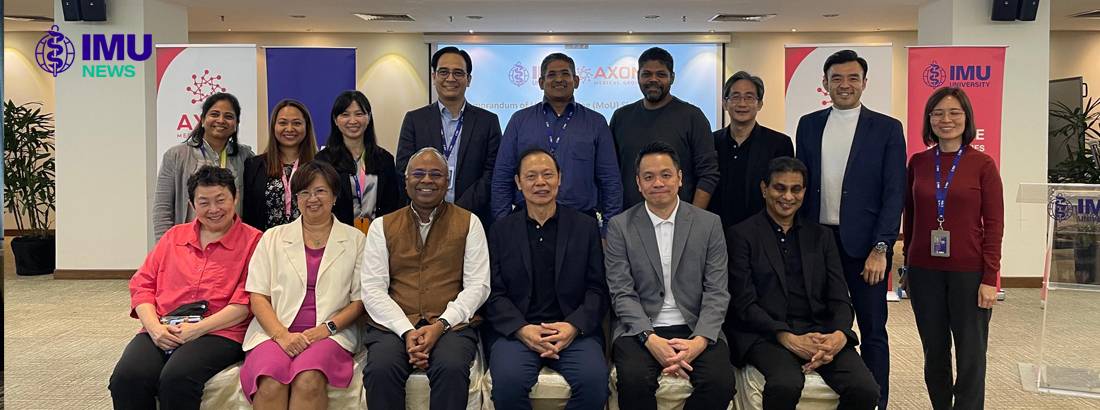
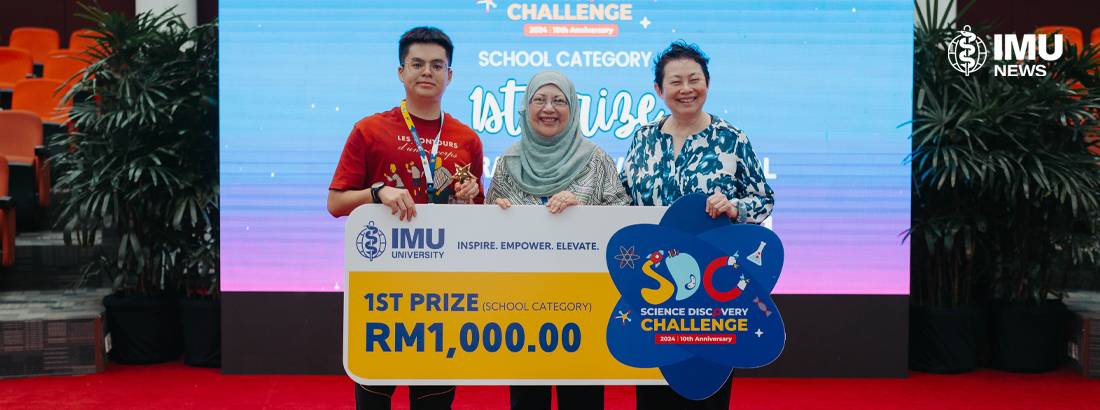
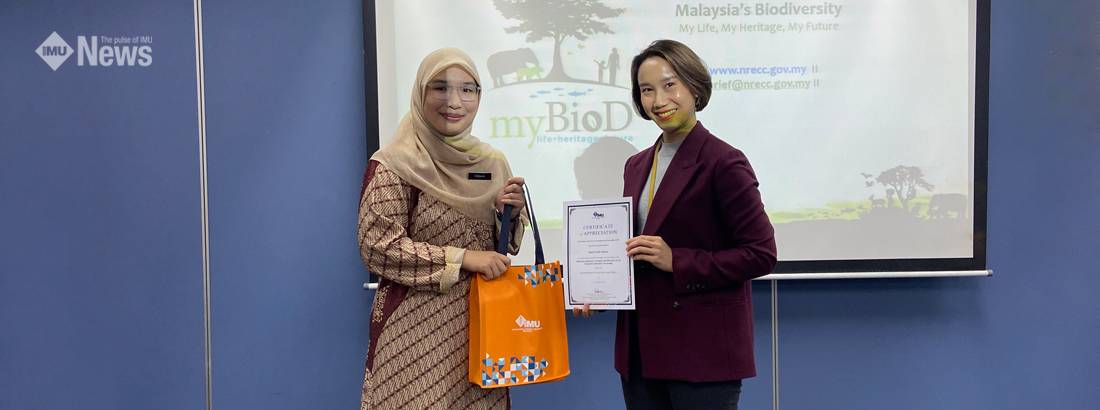
No approved comments.